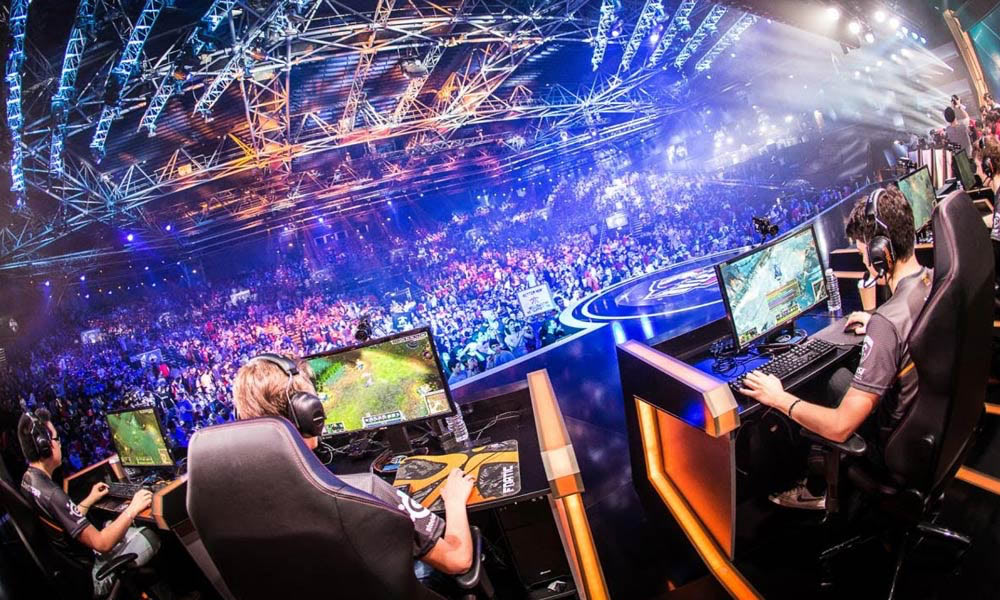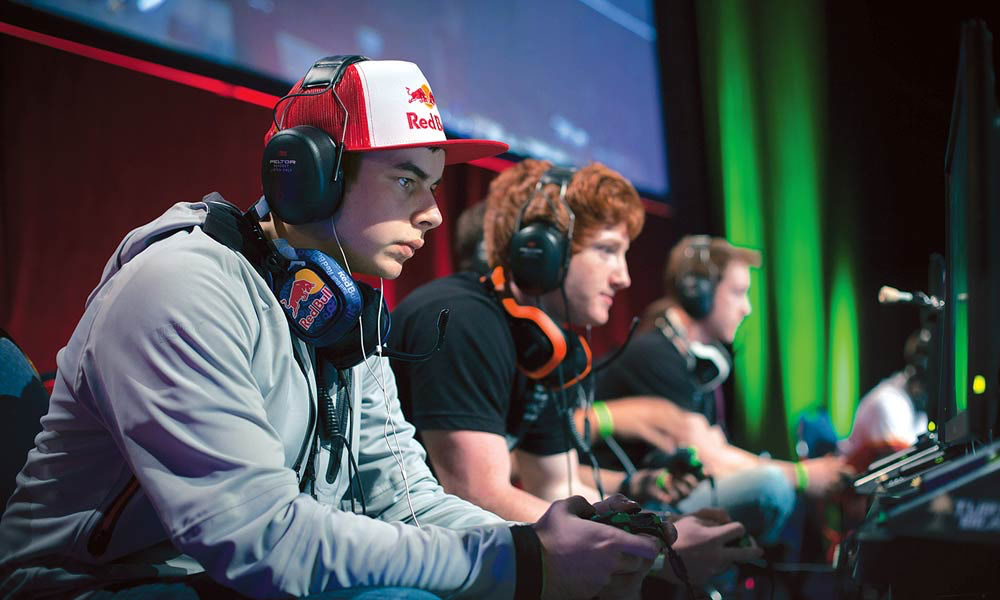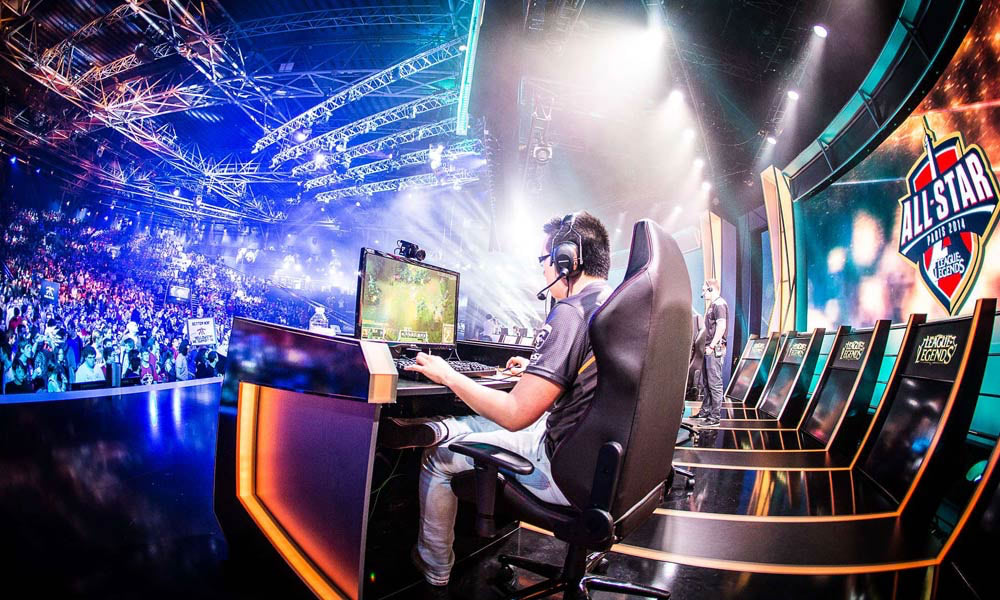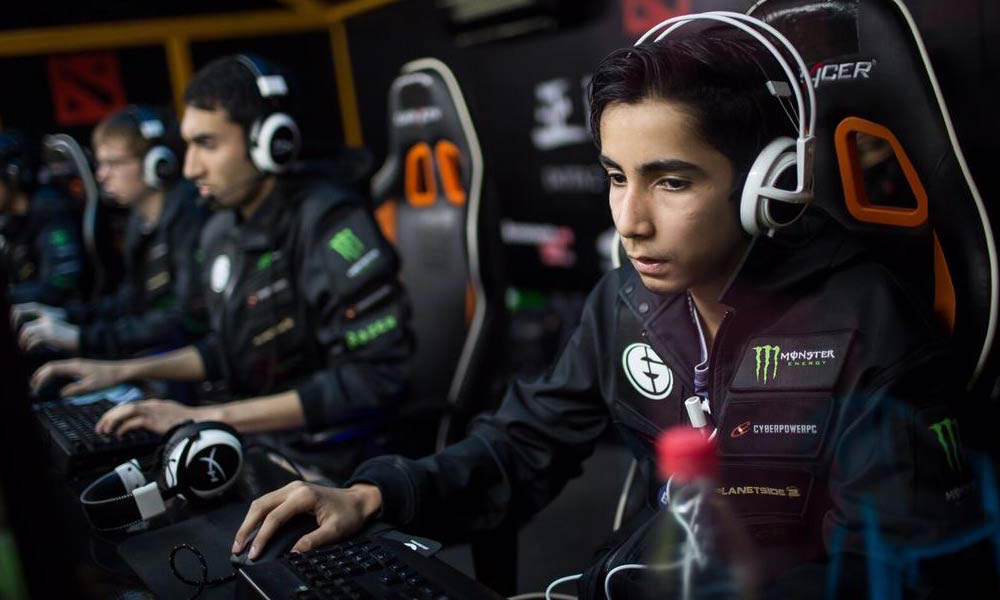
The Situation
Research undertaken in 2016, which included interviews with 650 active players, validated the concept. Less than half of the players rated themselves a seven out of ten (7/10) or higher as a player and almost 90 percent indicated they would undertake a digital tutorial if it improved their game.
More importantly, 58 percent said they’d be willing to pay up to $9.95 per tutorial, which further validated the commercial model.
Gaming has become so popular in Australia—68 percent of Australians now playing online games. And across the globe participation levels now rival many traditional team sports. Once a predominantly individual pursuit, the popularity of team games like League of Legends, Dota 2 and Call of Duty, has changed all that.
“Not only do you require in-game skills that are particular to each franchise you also need soft skills like leadership and communication if you are going to perform consistently at a high level,” explains Riad Chikhani, CEO and Founder of the GAMURS Group.
“Live events with significant prize money are always fully subscribed and top players are earning sponsorship dollars from the likes of Google, Coca-Cola and Red Bull. Outside of the gaming industry, people are surprised when I tell them that professional gamers now get paid upwards of $100,000 a year, with the top players getting much more than that through big sponsorship deals,” he said.
“It’s more than many Olympians make. Esports is massive and it’s the new team sport sweeping the world.” Chikhani referred to a recent Dota 2 tournament called TI7 held in Seattle, the team of five that won received $10.86 million and the total prize pool was $24.7 million.
Chikhani further explains that there are two main consumer groups in this space – recreational players that want to improve their game and then those who want to become professional players or coaches themselves.


The Solution
“Based on the comprehensive researcher we undertook, we knew it was important to involve independent, specialist content experts when developing our courseware,” he said. Gamurs and Learnt enlisted the help of professional gaming coach, An Trinh for the CoachReadi eLearning module after research showed that 96 per cent of respondents would like to learn from professionals.
Gerard Manion, CEO of Learnt explains that the education of gamers is like any other industry in that you need task specific skills but also soft skills that help you become a better teammate and a more rounded individual.
Manion referred to a recent study undertaken by Dr Alberto Posso from RMIT ,which showed gamers are gaining an academic advantage in maths and science subjects ranking up to 17 percent above the average exam score. That led him to conclude that video games could sharpen a student’s skills.
“Promoting skill development in team-based gaming can also translate to skills of the future like critical thinking, creativity, communication and leadership,” he said.
